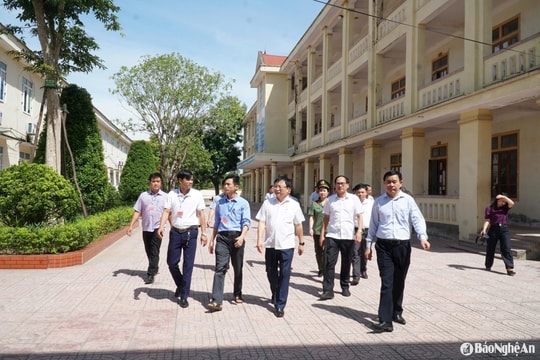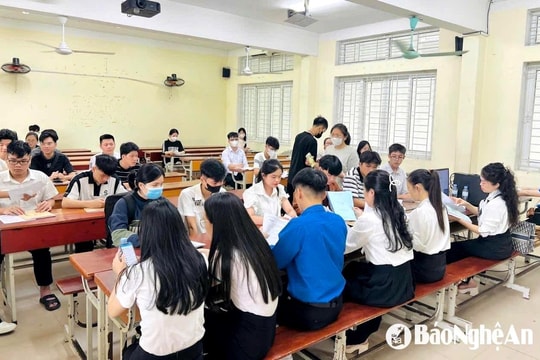Postponing the national high school exam schedule, universities still have to finish enrollment in December
Although the national high school exam has been postponed due to the complicated developments of the Covid-19 epidemic, the 2020 enrollment work at universities must still be completed by the end of December.
The closing date for 2020 enrollment will still be December 31
To date, the Ministry of Education and Training has adjusted the timetable for the 2019-2020 school year twice. Currently, according to the plan, the end of the school year will take place before July 15 and the national high school exam will take place from August 8-11.
The postponement of the national high school exam has changed the 2020 regular study and enrollment plans of higher education institutions. Even for schools that do not enroll students based on the results of the national high school exam, enrollment must still be postponed until students are considered to have graduated before the admission list can be finalized.
Thus, the schedule for candidates to register for admission, register for direct admission, adjust admission wishes and other time frames prescribed for the first round of admission based on the results of the 2020 national high school exam is expected to be postponed and "moved forward" later.
However, according to Ms. Nguyen Thi Kim Phung, Director of the Department of Higher Education - Ministry of Education and Training, the enrollment end date for 2020 is expected to be the same as previous years, that is, ending on December 31.
 |
| Ms. Nguyen Thi Kim Phung, Director of the Department of Higher Education - Ministry of Education and Training |
Based on the recruitment results and remaining time, schools will proactively develop and implement appropriate recruitment plans and complete them in 2020.
For schools that do not consider admission based on the results of the national high school exam, the admission process is more proactive and flexible. The admission regulations have been stipulated, schools determine and announce specifically in the admission plan so that candidates and students can proactively prepare and register.
“In previous years, the enrollment plan of most schools started at the end of July and lasted until the end of the year. Although the enrollment plan was supposed to end in December, in reality, schools usually ended around the end of October or early November. After that, most schools stopped enrolling because it was not suitable for the school year plan and there were almost no more enrollment sources,” Ms. Phung informed.
Therefore, Ms. Phung believes that in 2020, if enrollment is from the end of August to the end of December, it will not affect the enrollment plan and results. Schools can still proactively adjust their plans and can implement them.
Can take advantage of 2021 backup time
According to Ms. Nguyen Thi Kim Phung, the Law on Higher Education has stipulated that the higher education sector has great autonomy in deciding on the method of organizing and managing training at all levels and forms; and has the right to be proactive in building, implementing, and adjusting teaching plans during the semester, school year, and course.
“In the annual time budget, there are about 2-3 weeks of reserve per semester depending on each school and about 5-6 weeks of summer vacation. With that allowed time budget and implementing the credit-based training method, schools only need to adjust the school schedule so that in August there will be enough staff to participate in the national high school exam.”
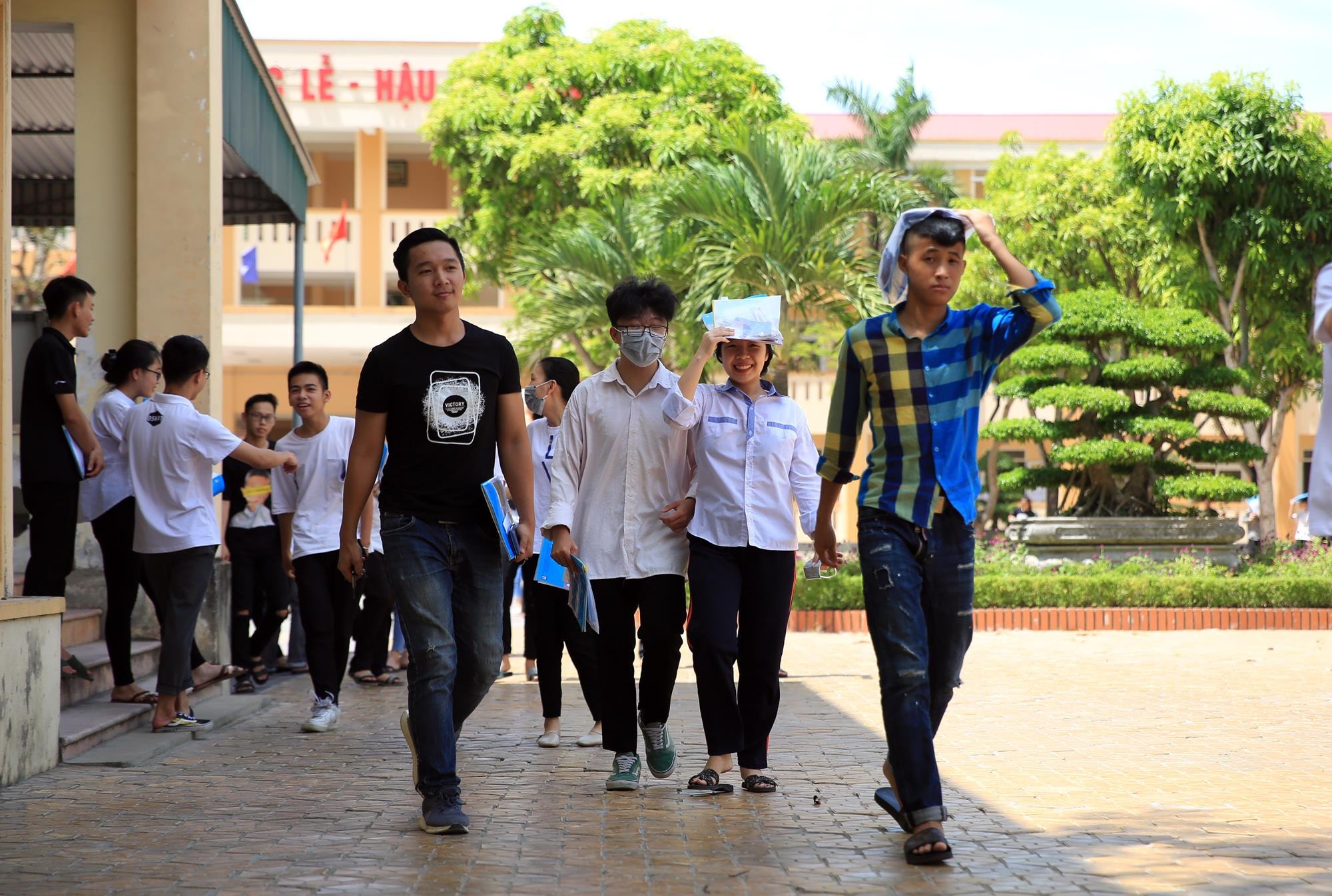 |
| 2019 National High School Exam at Ha Huy Tap High School, Vinh City. Photo courtesy of Ho Phuong |
“Currently, to ensure the program and reduce the amount of concentrated study, 84 higher education institutions have organized concentrated study; more than 70 institutions teach online and the remaining schools are actively preparing conditions to soon deploy online teaching plans, distance learning or alternately combining online training (theory) with concentrated study (practice, experiments).
Thus, it can be said that schools are gradually shifting from a passive position to a proactive plan to respond to the epidemic, implementing study plans in epidemic prevention conditions, ensuring both quality and safety for students, staff and lecturers of the school," Ms. Phung affirmed.

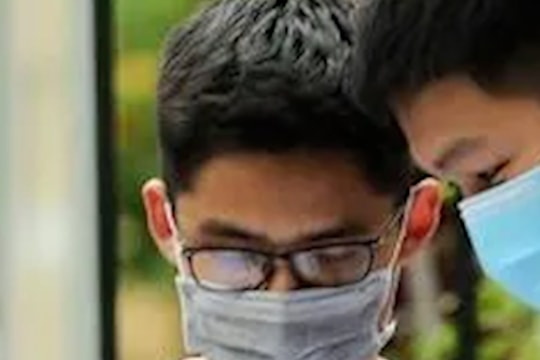
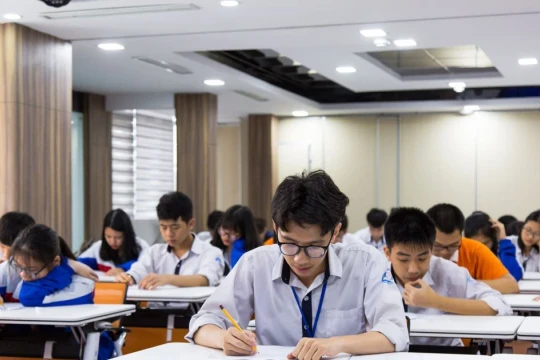
.jpg)
.jpg)
